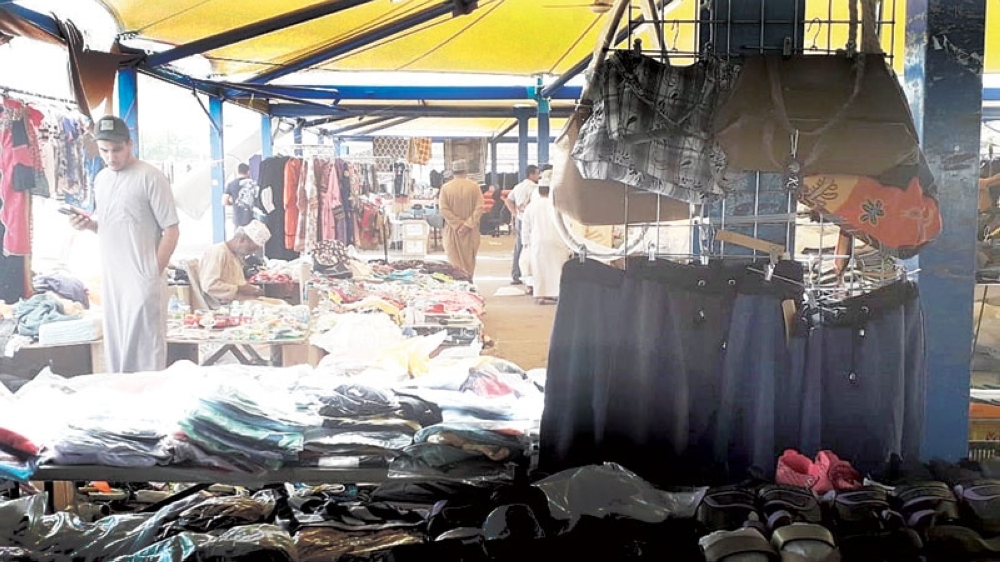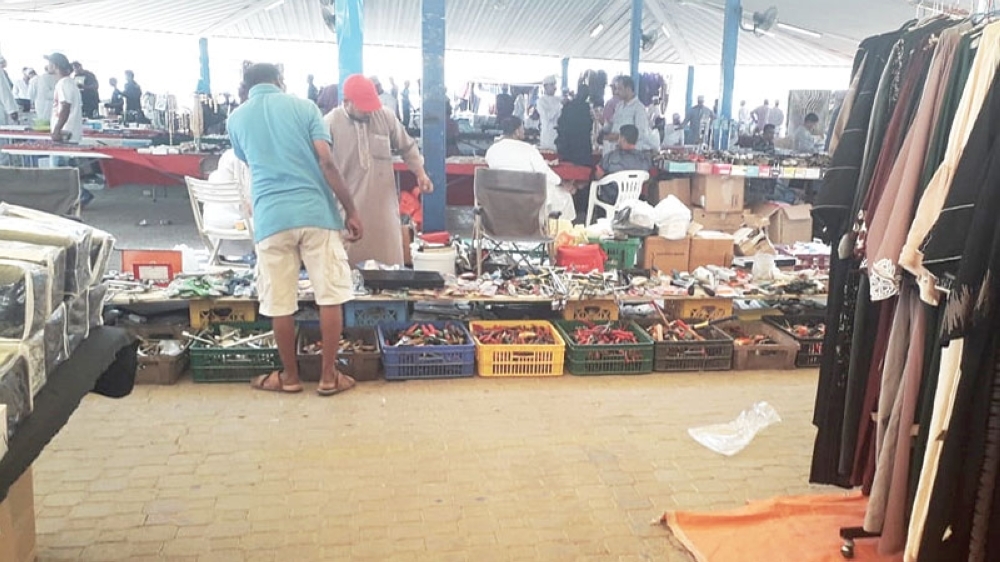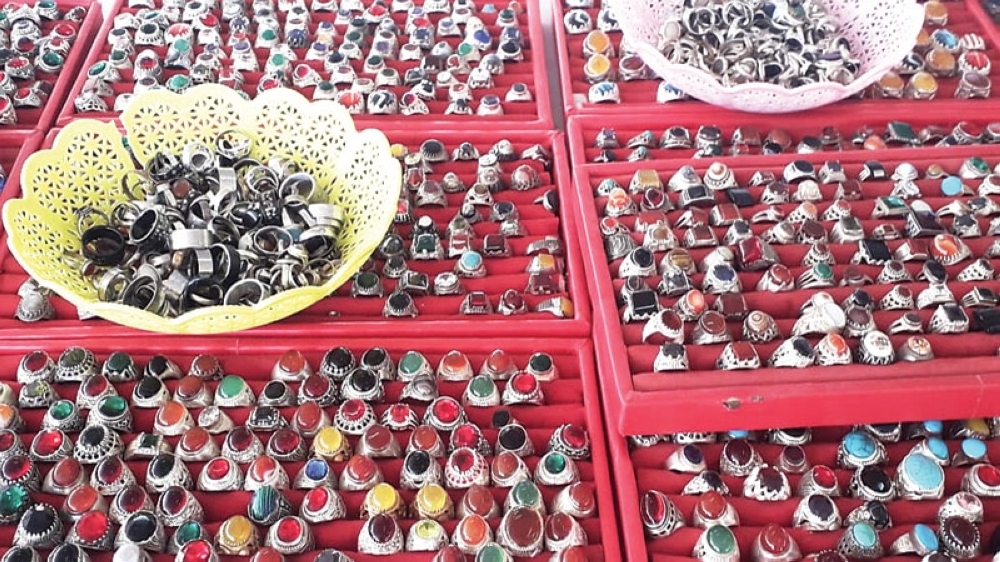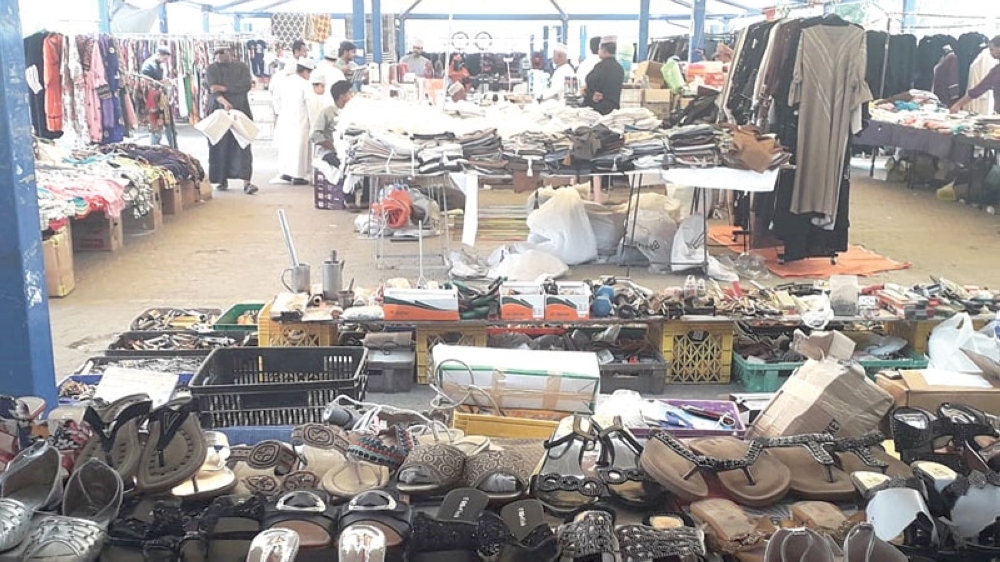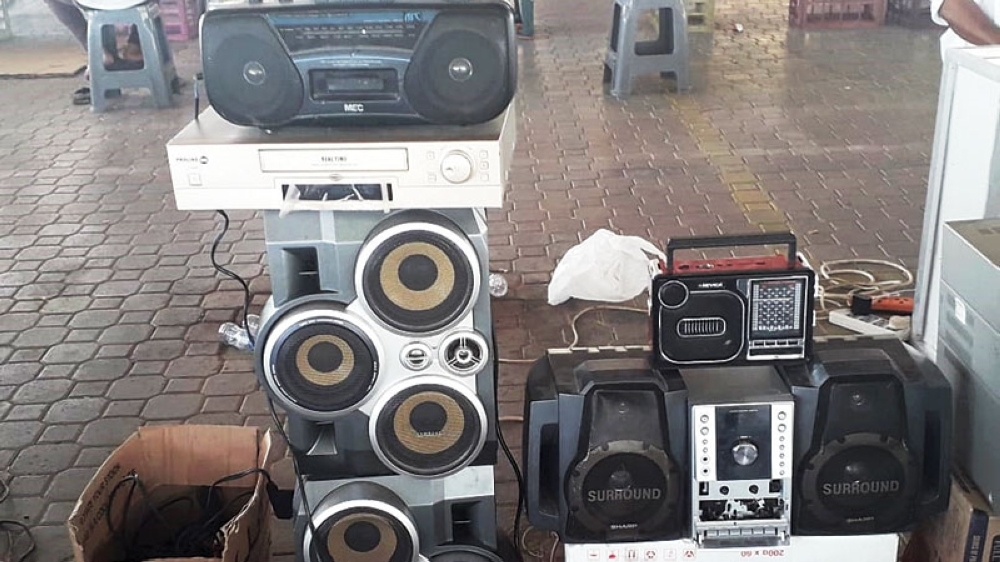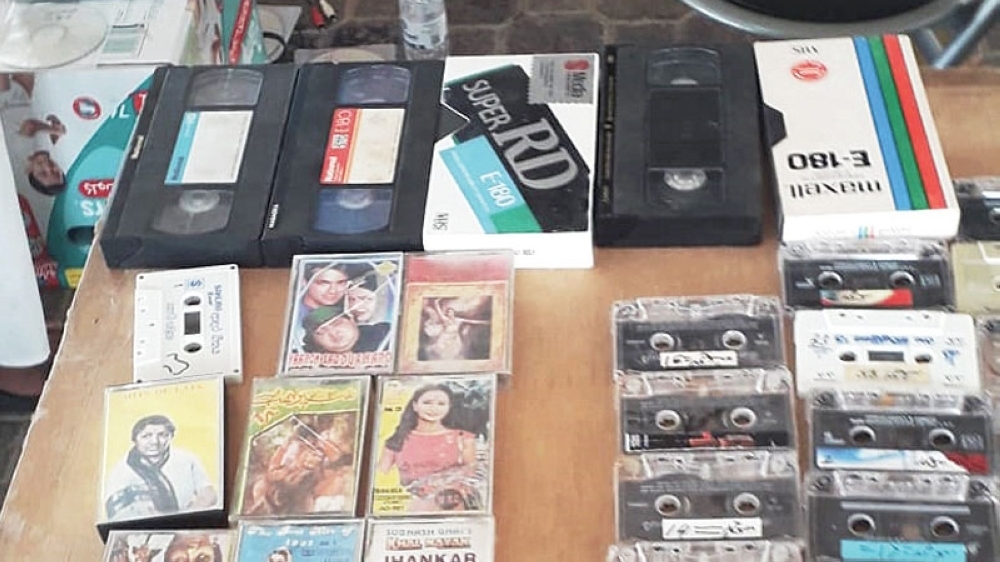

By Mohammed Al Balushi
“The price of each of these rings is one Omani Rial. We have a variety of them, as you can see on the stall,” said the Omani seller in Wadi Al Kabir’s Friday market.
“I have a shop in Muttrah market as well”, he added.
I reached the Friday Market around eleven o’clock, and parking was extremely difficult. One, however, was hardly found. Having visited this market twenty-five years ago, I was not surprised that I arrive at the market in the same nature it always has been in the past.
I was taken back to the Ajmal Khan Road Market, Karol Bag, in New Delhi, India, where I spent time with my family in 2014, and for another five minutes to the Greenwich Vintage Market, London, where I spent some time recently.
What did I see in the Friday Market? There were different types of products for sale, and these products, of course, were inexpensive. Their beauty lie in the fact that they contain products that are rarely found in modern markets.
“What time do you come to this market?” I asked one of the sellers.
“The market opens around six o’clock in the morning, and I come there at that time, and it closes around nine o’clock in the evening,” he replied.
As I walked through the stalls, I discovered old cassettes of Arab singers like Abu Baker Salim and Mehad Hamad. On my left, I saw old cassettes of Indian movies’ songs such as Cooli, Dus Numbari, and Kal Nayak as well as late Latta Mangeshker’s songs.
Further, I also explored an old VCR with VHS cassettes of national brands.
“My name is Mullah and do not ask me about my full name”, the other Omani seller said for which we both laughed.
“I live in the Dabbag area of Muscat,” he said.
In a glass-covered settee next to him, he kept some of the old Omani notes of One Hundred Baisa, Two Hundred Baisa, and One Rial.
“Are these notes for sale as well?” I asked Mullah, the seller.
“No, these are not. Since these notes are not available in the market or exchangeable, I kept them for decoration for visitors to see”, he answered.
It was the crowd of the market that attracted me the most, as I saw people from different parts of Muscat or coming from different regions of the country.
There is no downside to opening similar markets in other parts of Muscat, such as Al Seeb, Al Khuwair, Al Hail, and Al Maabela.
Markets like these allow vendors to both sell their own products and promote Omani products. In the end, sellers and buyers will benefit from the sale and purchase of goods. How likely is it that the Municipality of Oman will consider opening such more markets in Muscat?
Oman Observer is now on the WhatsApp channel. Click here

